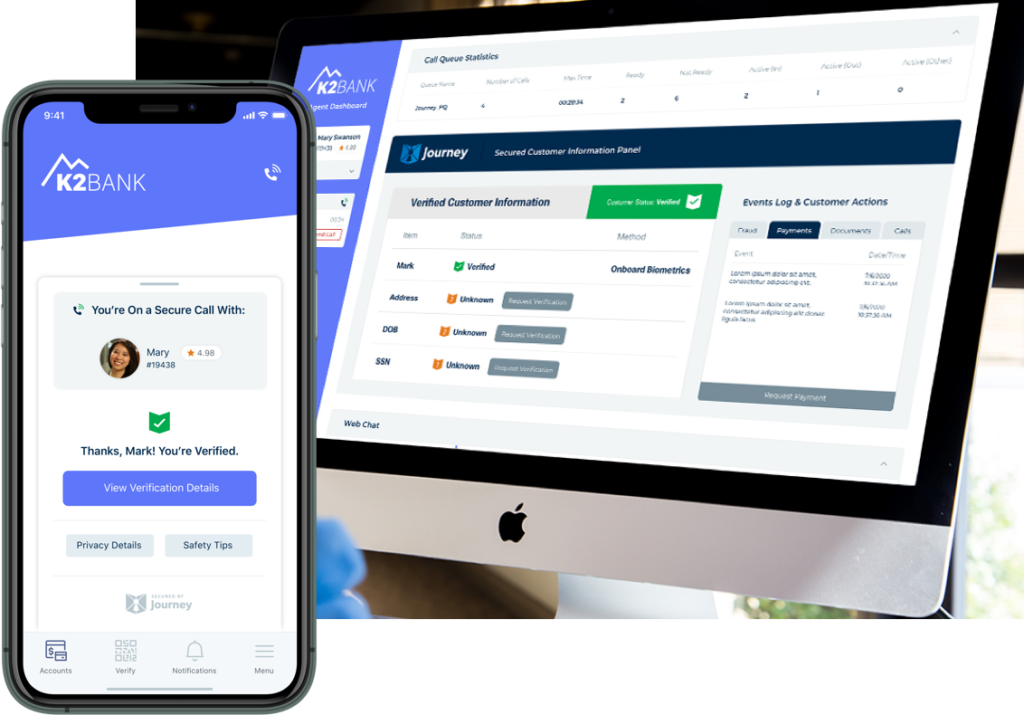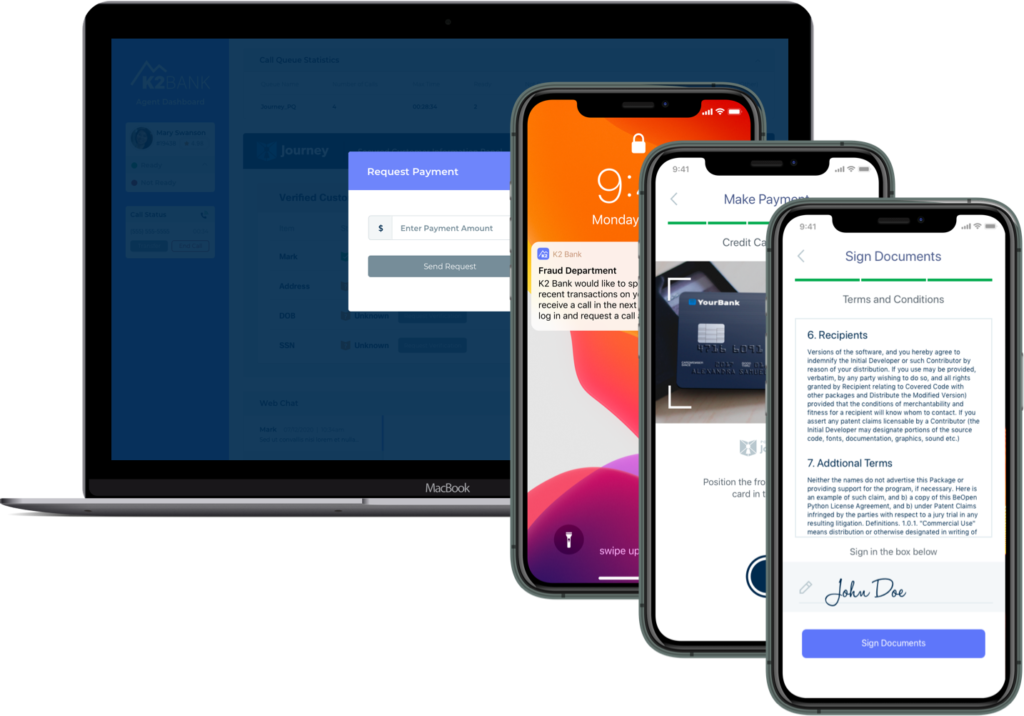
At Home and Outsourced Agents
The New Normal - New Challenges & New Opportunities
In the US alone, over one million agents have been working from home since the COVID-19 pandemic began. While this shift came at a radical pace, the incredible cost savings from reducing and eliminating traditional contact centers has led many experts to predict as many as 75% of agents will remain at home after the world returns to normal.
One of the largest challenges, however, is meeting compliance, security, and privacy requirements. You can use all the tools in the world to protect the network and devices, but at the end of the day – if an agent is at their kitchen table, there weren’t any tools to make sure only the right person is at their screen and that they can’t take pictures or write down customers’ sensitive information. That’s where Journey comes in.



